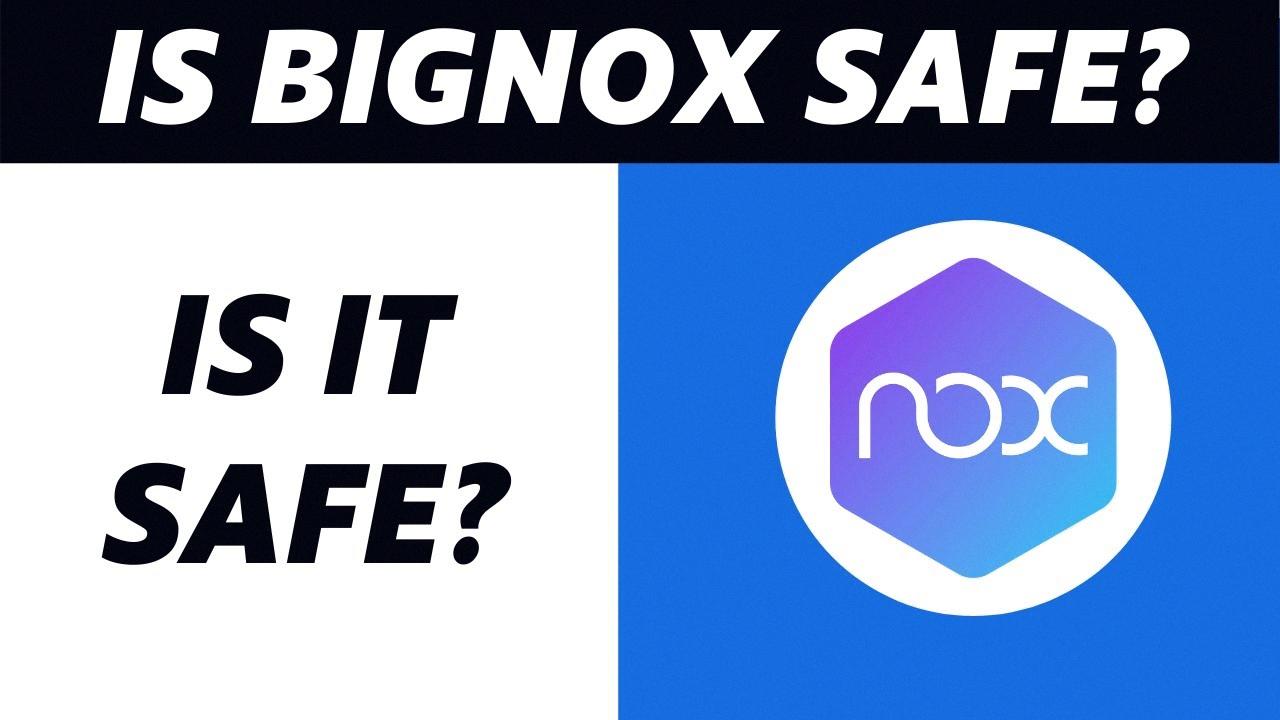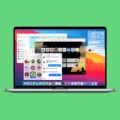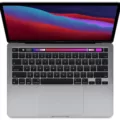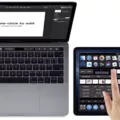NoxPlayer, a popular emulator that allows users to play Android games on their PC, has recently come under scrutiny due to security concerns. Antivirus company ESET has discovered that the emulator’s update mechanism was compromised by hackers, resulting in the delivery of malware to over 100,000 users.
Supply-chain attacks, such as the one targeting NoxPlayer, have become increasingly prevalent in recent years. These attacks involve infiltrating the software update process to distribute malicious code to unsuspecting users. In this case, the hackers behind the attack were able to exploit the update mechanism of NoxPlayer, potentially exposing users to unauthorized surveillance and other security risks.
The discovery of this malware-laced update mechanism raises questions about the safety of using NoxPlayer. Users who have installed the emulator on their PCs or Macs may have unknowingly exposed their devices to malware and other malicious activities. It is important for users to be aware of the potential risks and take appropriate measures to protect their devices.
If you are currently using NoxPlayer or considering using it, it is crucial to ensure that you have the latest version of the software installed. Developers of NoxPlayer have released an updated version that addresses the security vulnerabilities exploited by the hackers. By updating to the latest version, you can mitigate the risk of falling victim to the malware attack.
Additionally, it is advisable to have robust antivirus software installed on your device to detect and prevent any potential threats. Regularly scanning your device for malware and keeping your antivirus software up to date can help safeguard your device and personal information.
While NoxPlayer has reported having 150 million users, mainly in Asia, it is unclear how many of these users have been affected by the recent attack. Nonetheless, it serves as a reminder to always exercise caution when downloading and installing software from the internet.
The recent discovery of malware within NoxPlayer’s update mechanism highlights the importance of being vigilant when it comes to software security. Users should take proactive steps to protect their devices by updating to the latest version of NoxPlayer, installing reliable antivirus software, and practicing safe browsing habits. By staying informed and proactive, you can minimize the risk of falling victim to malware and other security threats.
Is NoxPlayer A Virus?
NoxPlayer is not a virus itself, but it has been found to deliver malware to computers. The emulator, which allows users to play Android games on their PC, has been flagged by antivirus company ESET for distributing malware. This means that while NoxPlayer may appear to be a legitimate software, it can potentially infect your PC with malicious software.
Here are some key points to consider:
1. NoxPlayer is an Android emulator: NoxPlayer is a popular emulator that enables users to run Android applications and games on their computers. It has gained a significant user base, particularly in Asia, with around 150 million users.
2. Malware distribution: ESET, an antivirus company, has discovered that NoxPlayer has been delivering malware to computers. This means that when users download and install NoxPlayer, there is a risk of their PC being infected with malicious software.
3. Risks associated with malware: Malware can cause various harmful effects on your computer. It can steal personal information, such as passwords and financial data, compromise your privacy, slow down your system, and even grant unauthorized access to hackers.
4. NoxPlayer’s reputation: Due to this discovery, NoxPlayer’s reputation has been tarnished, and users are advised to exercise caution when using this emulator. It is crucial to download software only from trusted sources and ensure that you have reliable antivirus software installed on your PC to protect against potential malware threats.
While NoxPlayer itself is not a virus, it has been found to deliver malware to computers. It is important to be aware of this risk and take necessary precautions to protect your PC and personal information.

Did Nox Get Hacked?
NoxPlayer, an emulator program used to play Android games on PCs and Macs, was indeed hacked. The attackers successfully compromised the update mechanism of NoxPlayer. This type of attack is known as a supply-chain attack, where the hackers target a trusted software or hardware provider to gain unauthorized access to their users’ systems.
Supply-chain attacks are not uncommon and have been used in various high-profile attacks in the past. In this case, the objective of the attackers was to exploit NoxPlayer’s widespread user base to distribute malicious software or gain unauthorized access to users’ devices.
It is worth noting that while this attack on NoxPlayer is significant, it does not have the same level of geopolitical impact as some other supply-chain attacks. Nevertheless, it does highlight the importance of ensuring the security of software update mechanisms and the potential risks associated with using third-party software.
To protect against such attacks, it is advisable to regularly update software from trusted sources and consider using security solutions that can detect and prevent supply-chain attacks. Additionally, practicing good cybersecurity hygiene, such as using strong and unique passwords and being cautious of suspicious links or downloads, can also help mitigate the risks associated with supply-chain attacks.
Is NoxPlayer Better Than Bluestacks?
When comparing NoxPlayer and BlueStacks, it is important to consider various factors such as CPU usage, performance, and overall user experience.
CPU Usage:
– BlueStacks 5 stands out among the emulators, as it consumes approximately 10% of CPU resources. This indicates that it is efficient in utilizing system resources and minimizing CPU strain.
– On the other hand, NoxPlayer has a significantly higher CPU usage, consuming about 37% more resources compared to BlueStacks. This high CPU usage can lead to performance issues and possibly cause lag or slowdowns during app usage.
Performance:
– BlueStacks 5 provides a smooth and seamless experience, with minimal lag and efficient app performance. Users will generally experience faster app loading times and smoother gameplay.
– NoxPlayer, despite its higher CPU usage, may experience noticeable lag in-app performance. This can impact the overall user experience and may result in frustrating gameplay or slow app usage.
Overall User Experience:
– BlueStacks 5 has been praised for its user-friendly interface and ease of use. It offers a wide range of customization options, allowing users to personalize their emulator experience. Additionally, it has a large user base, meaning there are more resources, guides, and community support available.
– NoxPlayer, while it may offer similar customization options, may not have the same level of user support and resources as BlueStacks. This can make troubleshooting or finding solutions to issues more challenging.
When comparing NoxPlayer and BlueStacks, BlueStacks 5 appears to be the better option in terms of CPU usage, performance, and overall user experience. It consumes fewer CPU resources, provides smoother app performance, and has a more extensive support network. However, it’s important to note that individual preferences and system configurations may vary, so it’s recommended to try both emulators and choose the one that best suits your specific needs.
What Is The NoxPlayer Controversy?
The NoxPlayer controversy refers to a recent incident where hackers injected malware into the update mechanism of NoxPlayer, an Android emulator used by over 100,000 users. This malicious activity potentially exposed these users to unauthorized surveillance.
Here are the key details regarding the NoxPlayer controversy:
1. NoxPlayer: NoxPlayer is a popular Android emulator that allows users to run Android apps and games on their computers. It provides a virtual Android environment, enabling users to access and utilize various Android features on their desktops or laptops.
2. Malware Injection: Hackers managed to compromise the update mechanism of NoxPlayer, which is responsible for delivering software updates to users. They injected multiple strains of malware into the update process, allowing them to potentially gain control over the users’ systems.
3. Unauthorised Surveillance: By exploiting this vulnerability, hackers could potentially gain unauthorized access to users’ devices and monitor their activities. This could include capturing sensitive information, recording keystrokes, capturing screenshots, or even hijacking the webcam or microphone for surveillance purposes.
4. Number of Affected Users: Over 100,000 users of NoxPlayer may have been exposed to this malware due to the compromised update mechanism. These users could unknowingly have their privacy invaded and their personal information compromised.
5. Potential Consequences: The consequences of this malware injection are significant. Users may experience data breaches, identity theft, financial losses, or other forms of cybercrime. Additionally, the malware could also be used as a gateway for further attacks, such as installing additional malware or ransomware on the affected systems.
6. ESET’s Discovery: The discovery of this malware injection was made by security researchers at ESET, an IT security company. Their analysis revealed the presence of malware strains in the NoxPlayer update process, prompting concerns about the potential surveillance and security risks faced by the affected users.
The NoxPlayer controversy revolves around hackers injecting malware into the update mechanism of NoxPlayer, exposing over 100,000 users to potential surveillance and unauthorized access to their devices. This incident highlights the importance of ensuring the security and integrity of software update mechanisms to protect users from such malicious activities.
Conclusion
The recent discovery by security researchers at ESET raises concerns about the safety of NoxPlayer, an Android emulator used by millions of users primarily in Asia. The attackers compromised the emulator’s update mechanism, leading to the distribution of various malware strains to over 100,000 users. This incident highlights the potential risks associated with supply-chain attacks, where hackers exploit vulnerabilities in software updates to deliver malicious software.
The compromised update mechanism of NoxPlayer puts users at risk of unauthorized surveillance and potential data breaches. Users who have installed or updated the emulator may have unknowingly exposed their personal information and sensitive data to threat actors. This underscores the importance of maintaining strong security measures and being cautious when downloading and updating software, even from trusted sources.
While NoxPlayer’s popularity and user base may have made it an attractive target for attackers, it is crucial for users to prioritize their online safety by regularly updating antivirus software, practicing safe browsing habits, and remaining vigilant against potential threats. Additionally, considering alternative Android emulators that have not been affected by such security incidents may be a prudent choice for those concerned about their privacy and data security.
Ultimately, the safety of using NoxPlayer is currently compromised due to the recent supply-chain attack. Users should exercise caution and take appropriate measures to protect their devices and personal information from potential threats.








